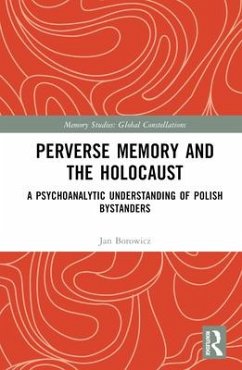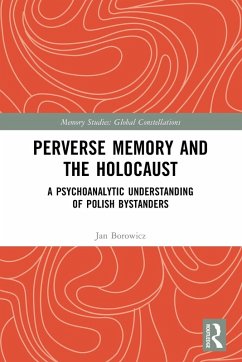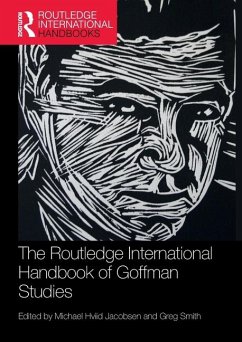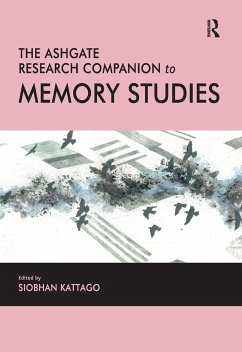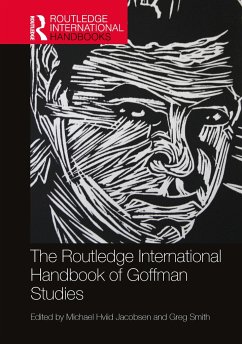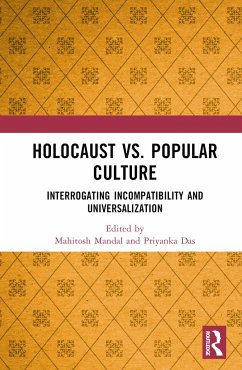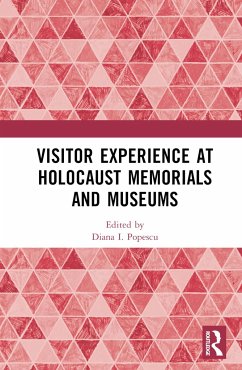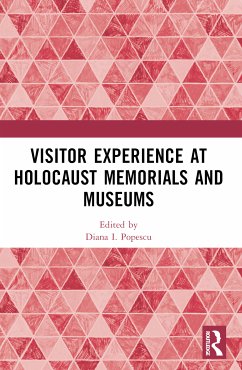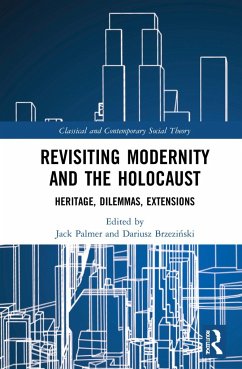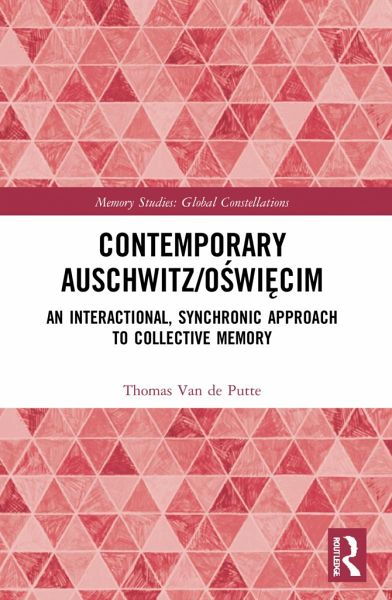
Contemporary Auschwitz/Oświęcim
An Interactional, Synchronic Approach to Collective Memory
Versandkostenfrei!
Versandfertig in 6-10 Tagen
45,99 €
inkl. MwSt.
Weitere Ausgaben:

PAYBACK Punkte
23 °P sammeln!
This book presents an innovative theoretical and empirical approach to the present attributions of meaning to the past. Based on the author's fieldwork in the contemporary Polish town of Oswiecim - Auschwitz, in German - it observes the manner in which residents remember and narrate the past of their town, drawing on theoretical perspectives from the work of figures such as George Herbert Mead and Erving Goffman. With attention to narratives concerning pre-war Catholic-Jewish coexistence, wartime Nazi occupation, the Holocaust and post-war Communist Poland, the author explores the complementar...
This book presents an innovative theoretical and empirical approach to the present attributions of meaning to the past. Based on the author's fieldwork in the contemporary Polish town of Oswiecim - Auschwitz, in German - it observes the manner in which residents remember and narrate the past of their town, drawing on theoretical perspectives from the work of figures such as George Herbert Mead and Erving Goffman. With attention to narratives concerning pre-war Catholic-Jewish coexistence, wartime Nazi occupation, the Holocaust and post-war Communist Poland, the author explores the complementary, fluid and contradictory nature of meaning-making processes in various contemporary interactional contexts, both online and offline. As such, it will appeal to social scientists with interests in memory studies, the Holocaust and interactional sociology.





